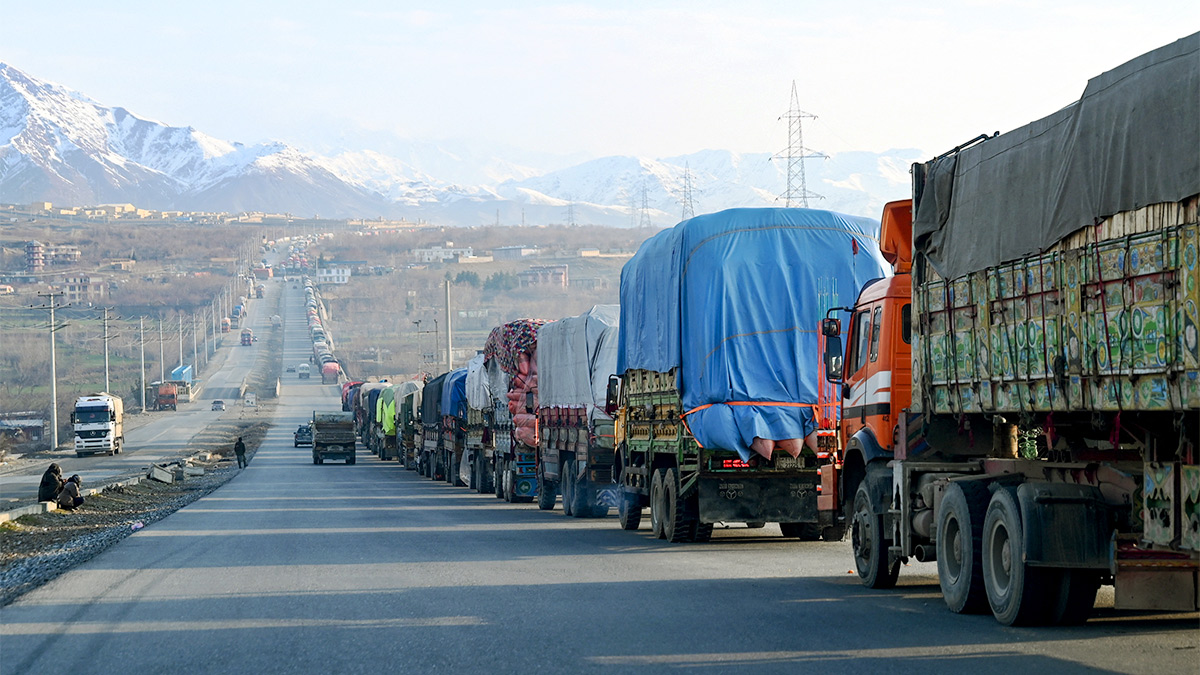IDS, a security services firm contracted by the UN, conducted a carbon accounting pilot project in Afghanistan following the E-liability approach. They began by identifying the major activities associated with providing that daily service: training personnel, transporting them to the location, equipping and feeding them, together with “overhead” activities such as running their headquarters out of Dubai. In the next step, they gathered data on the emissions generated in the major activities, discovering to their surprise that 38.5% of their total emissions came from feeding their staff. IDG then allocated the costs to personnel categories according to their usage of or engagement with the various activities. This allowed their customer, the UN, to see clearly what the emissions impact would be for each unit of service in Afghanistan purchased from IDG. Key takeaways for other companies are: adopting the E-liability approach is easier than it might first seem; be prepared to have your prior environmental assumptions challenged; beware of industry benchmarks — they can be flawed; and not all insights are actionable.

